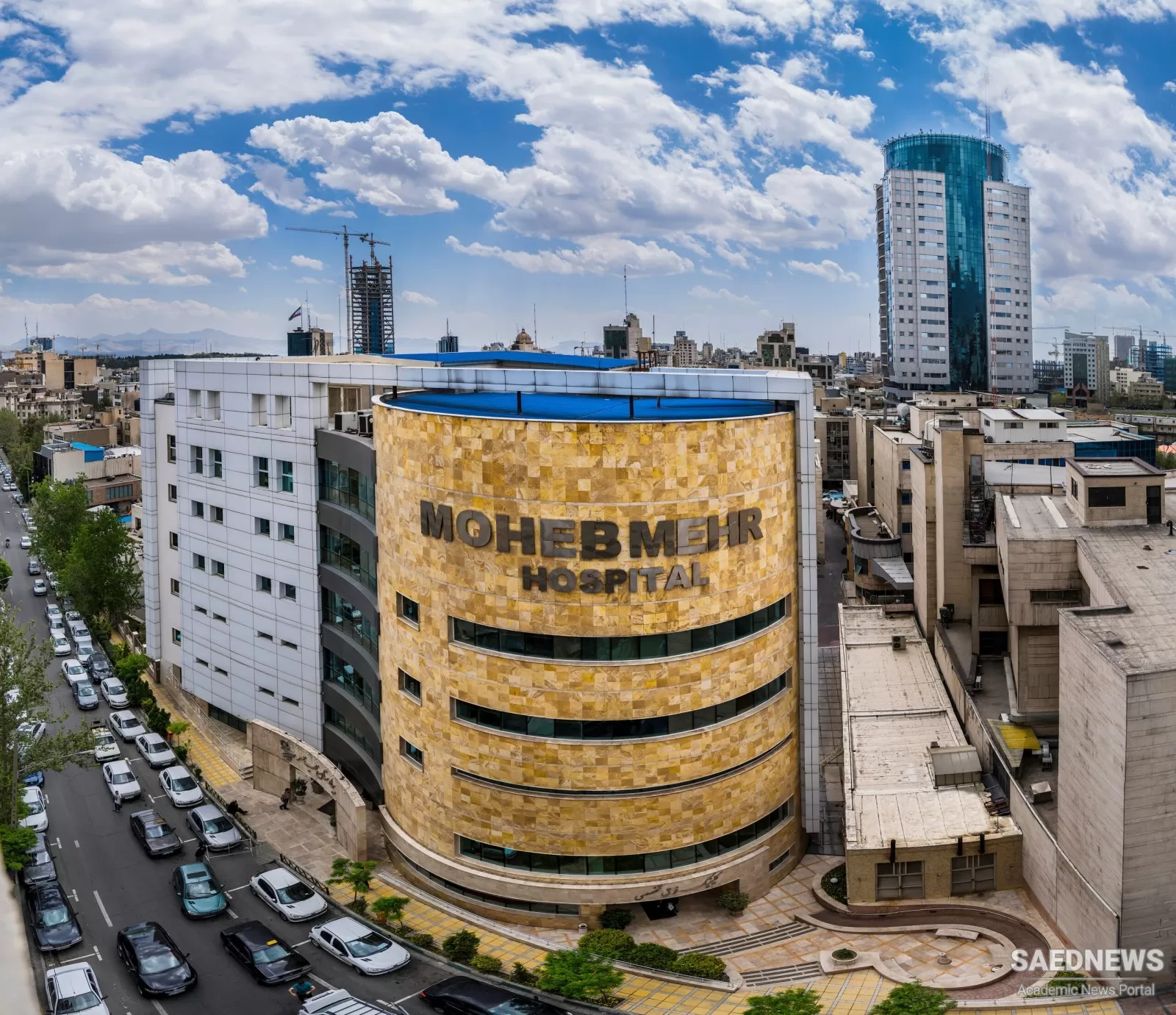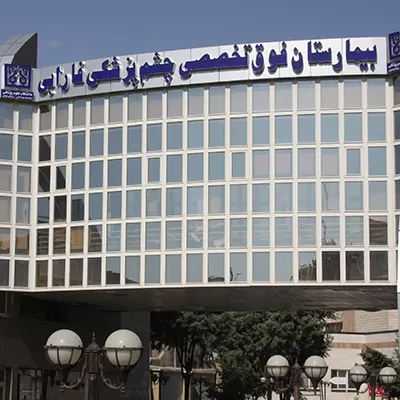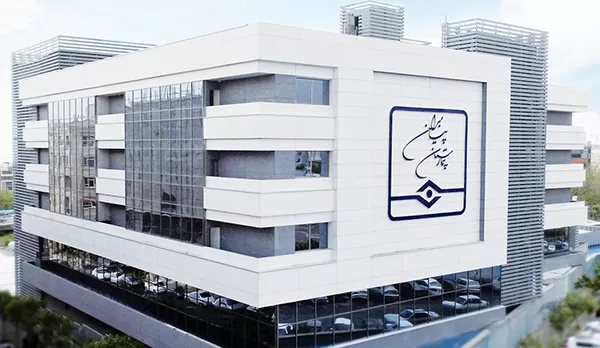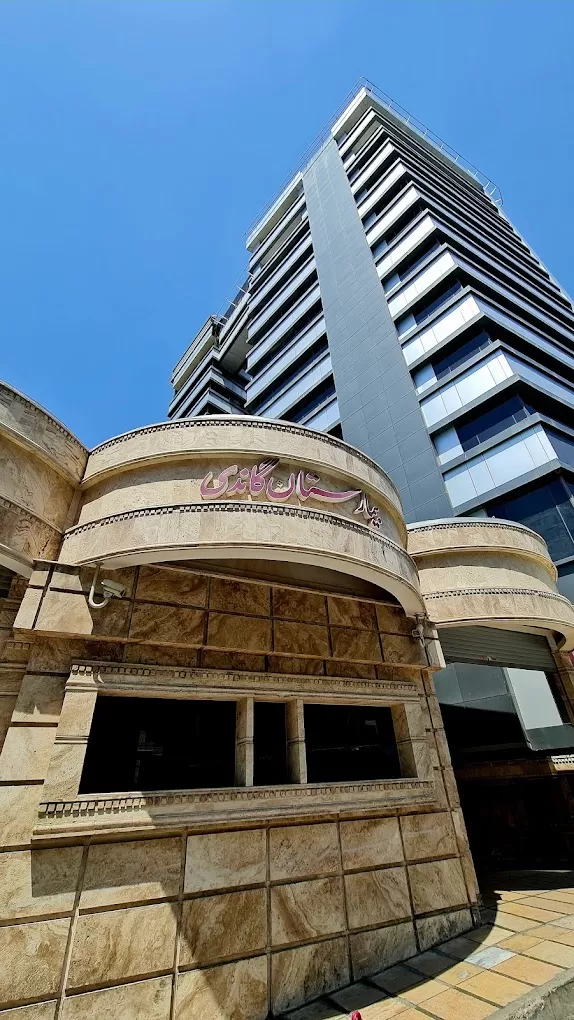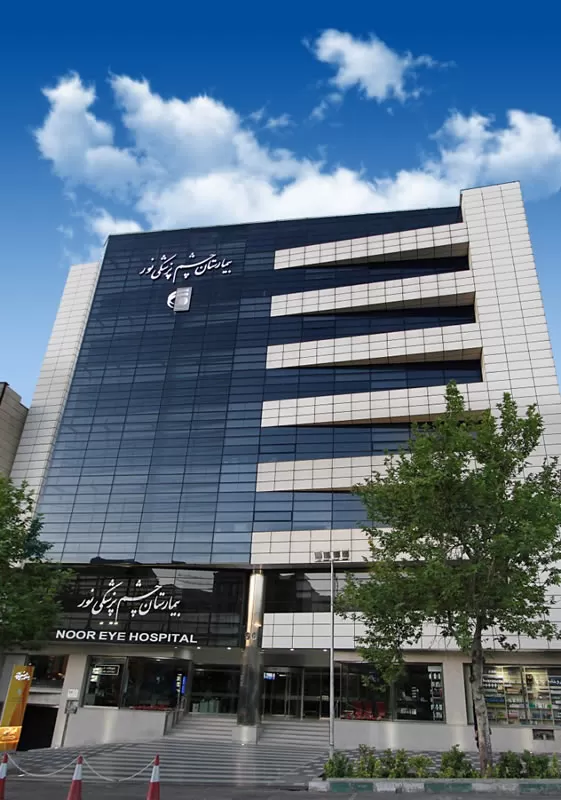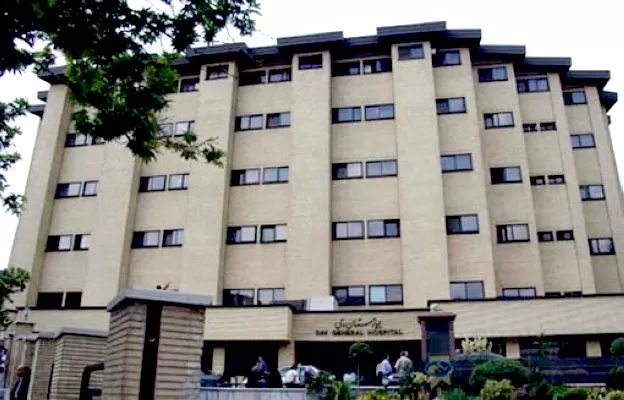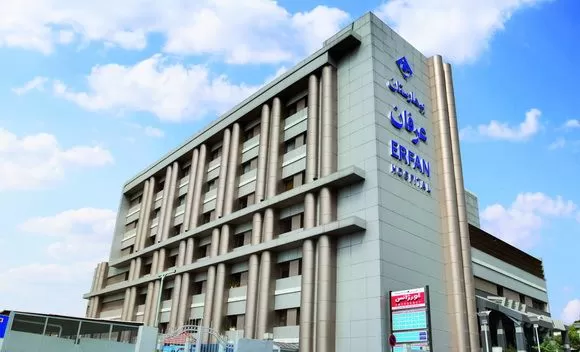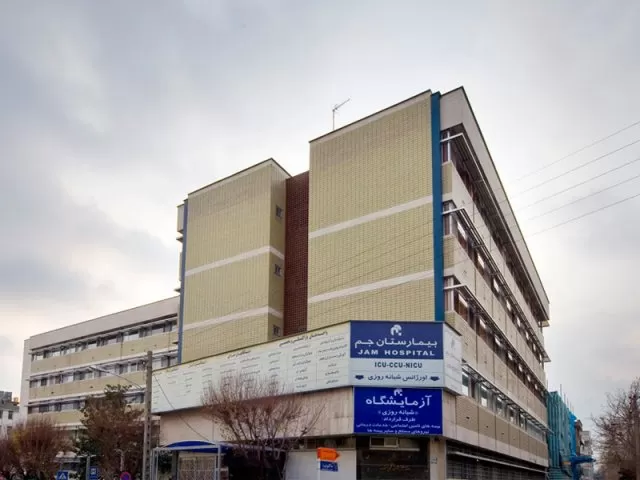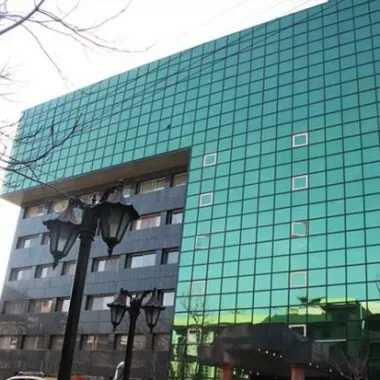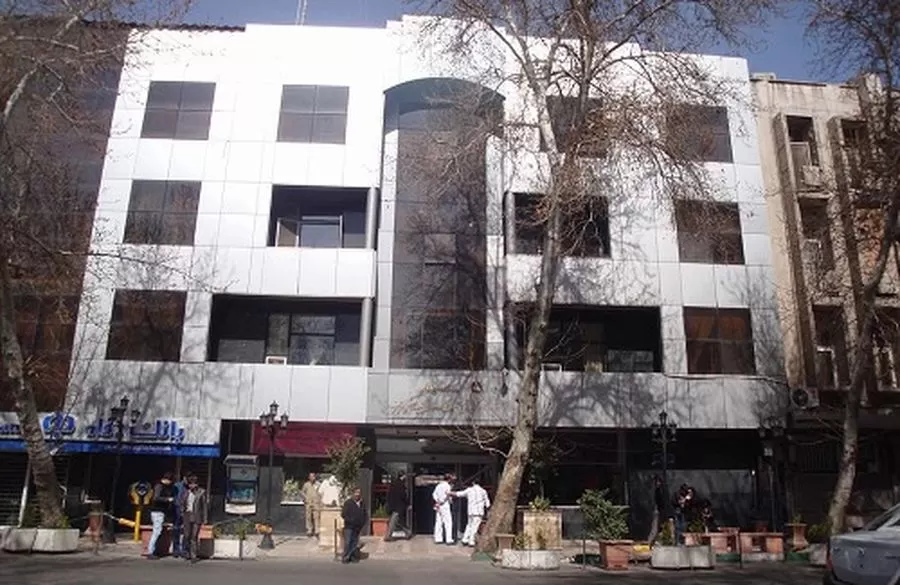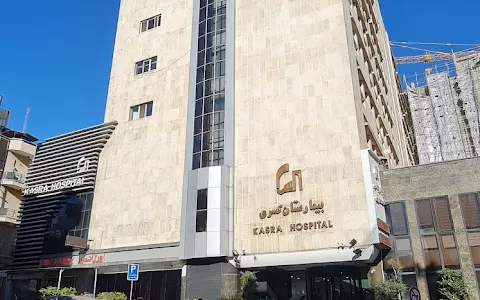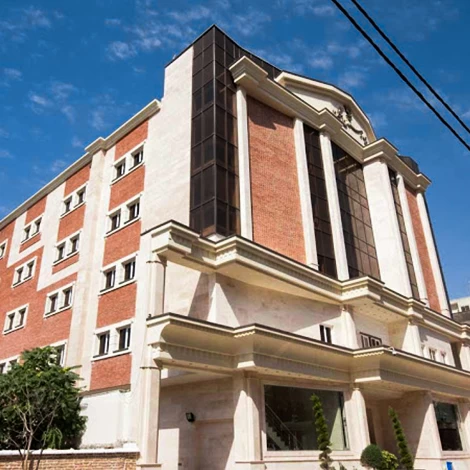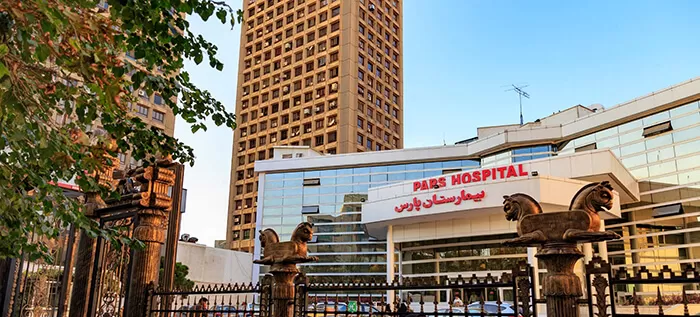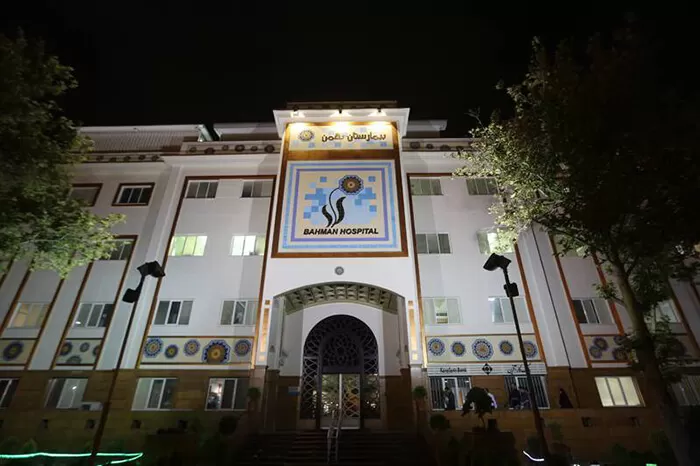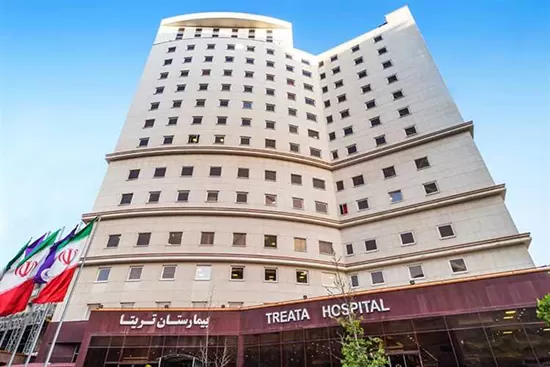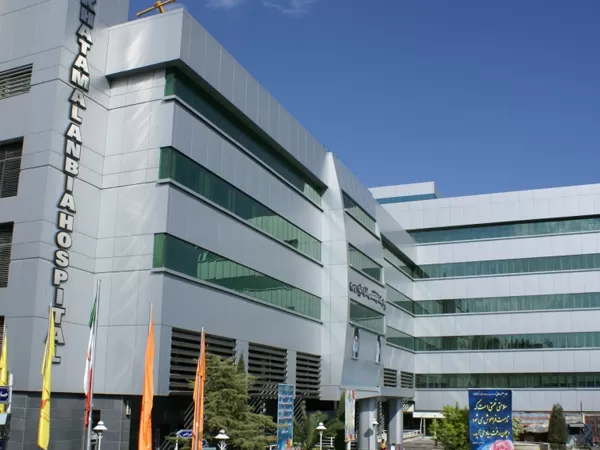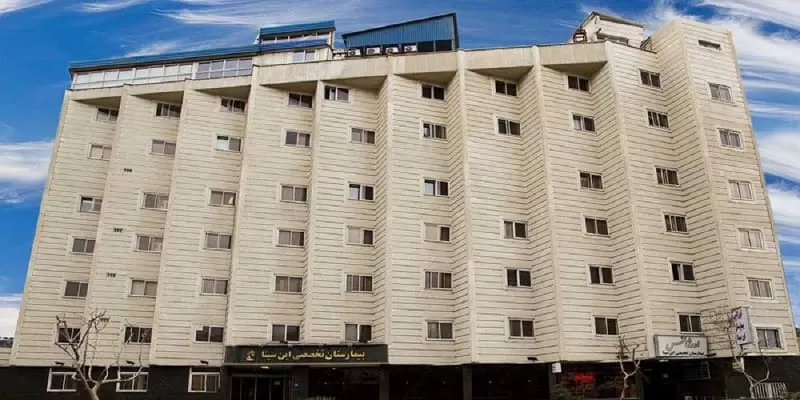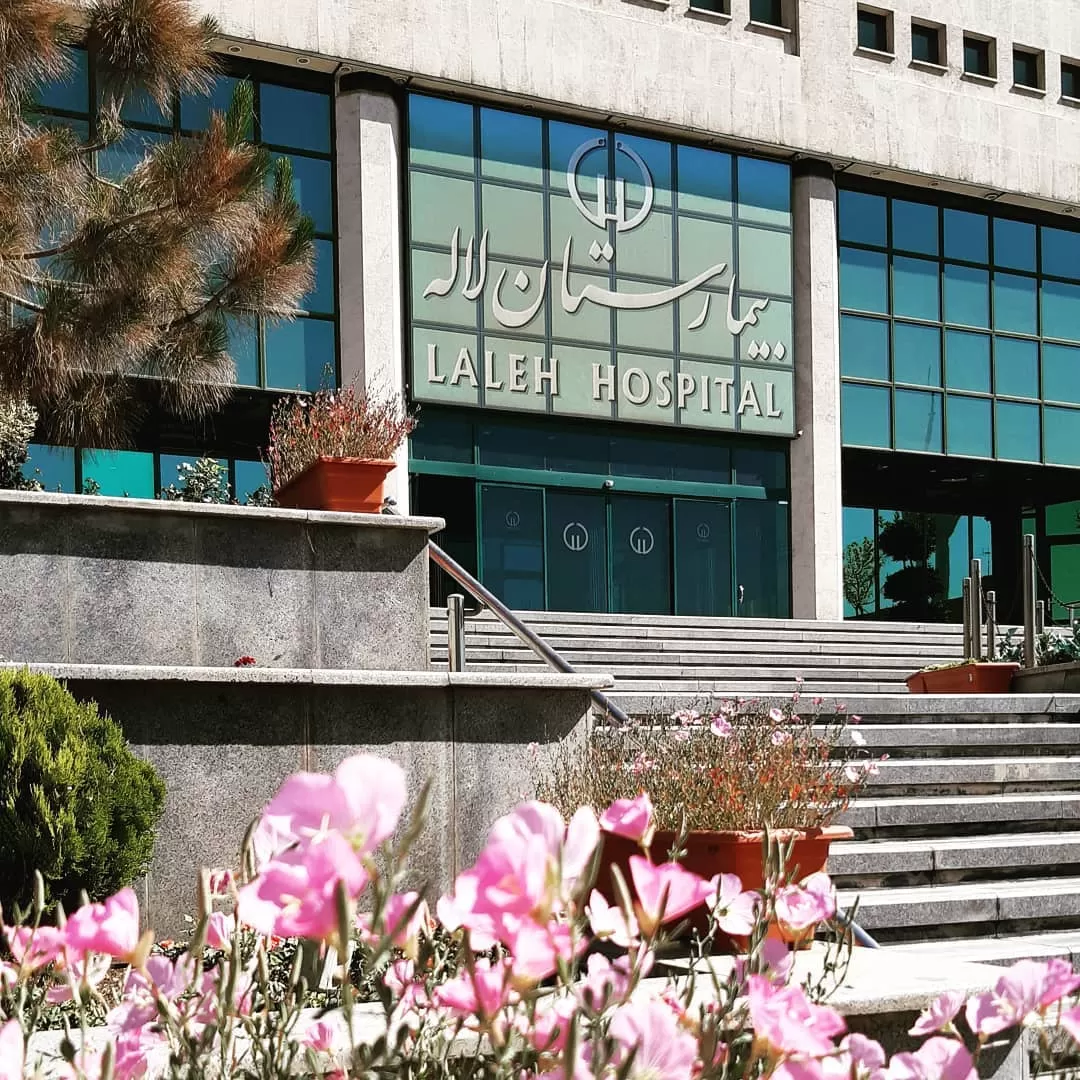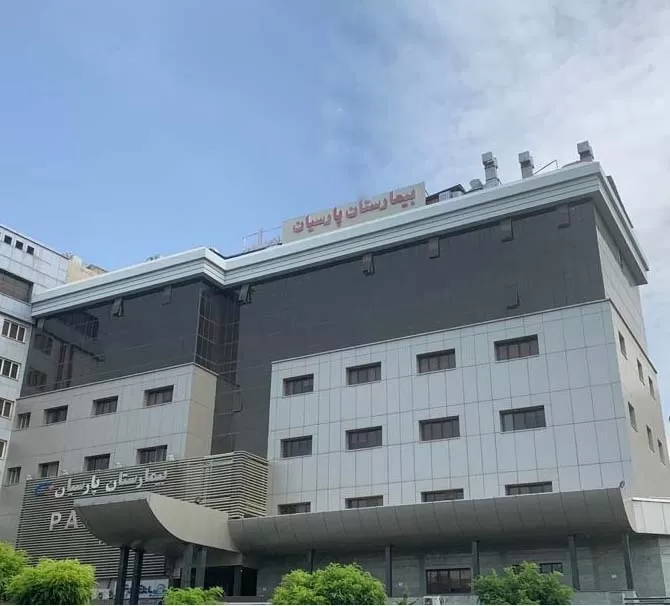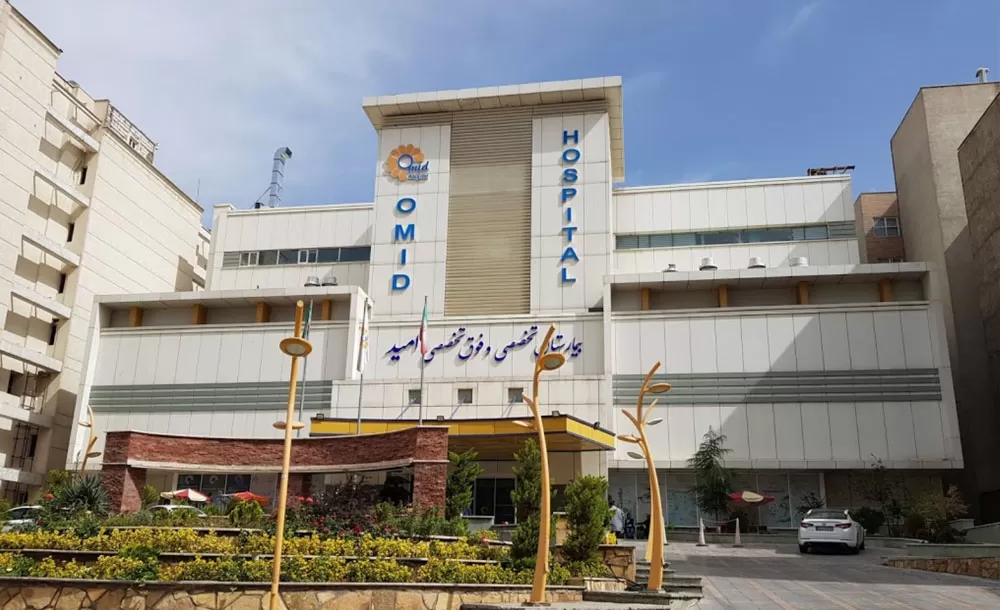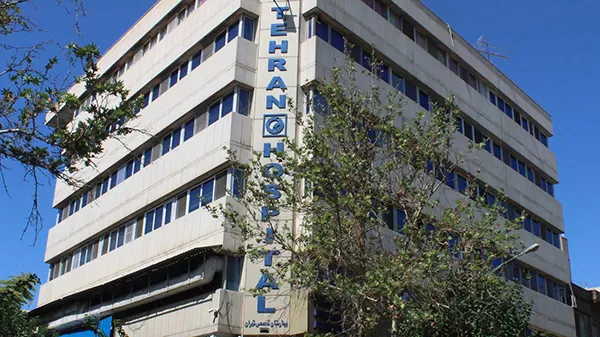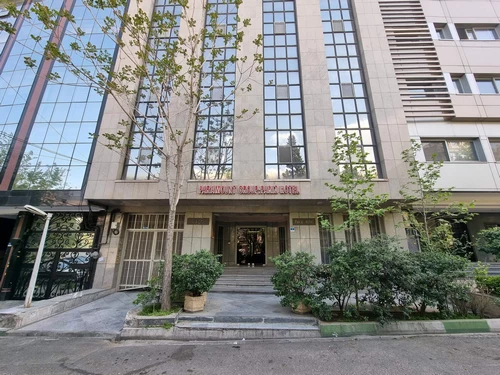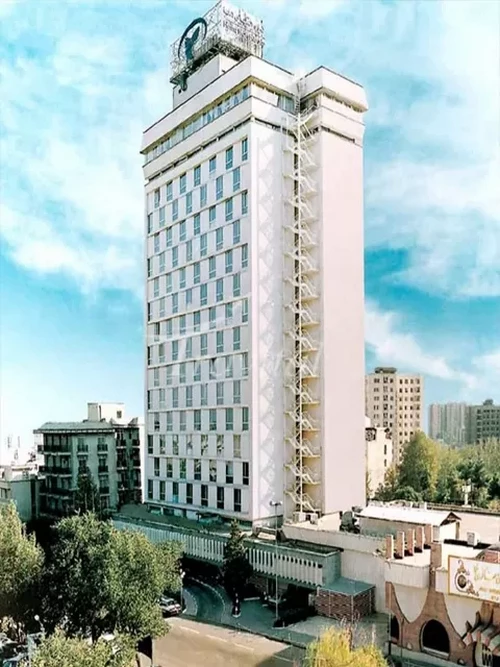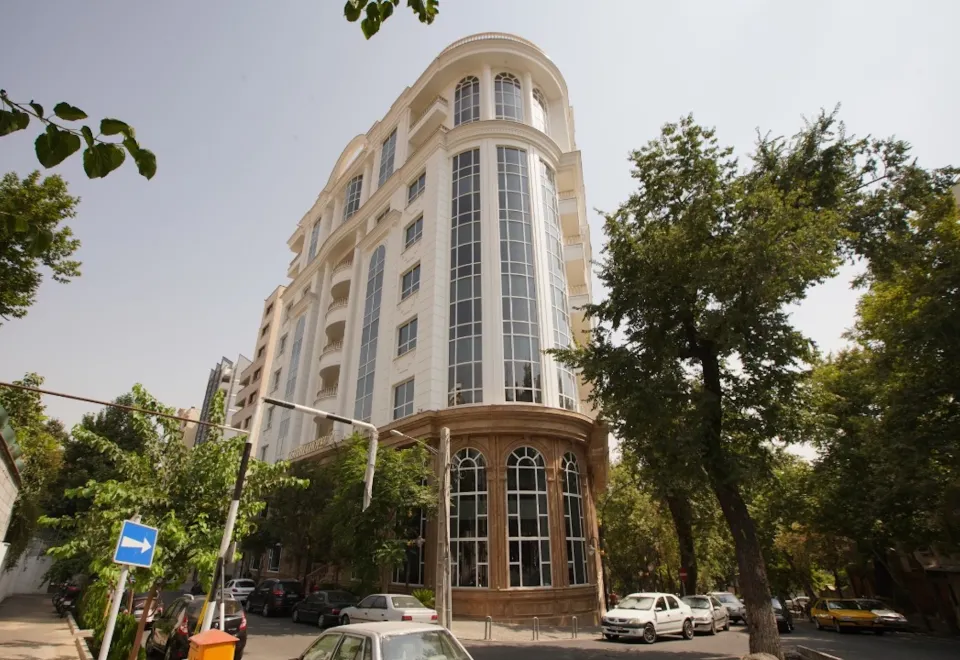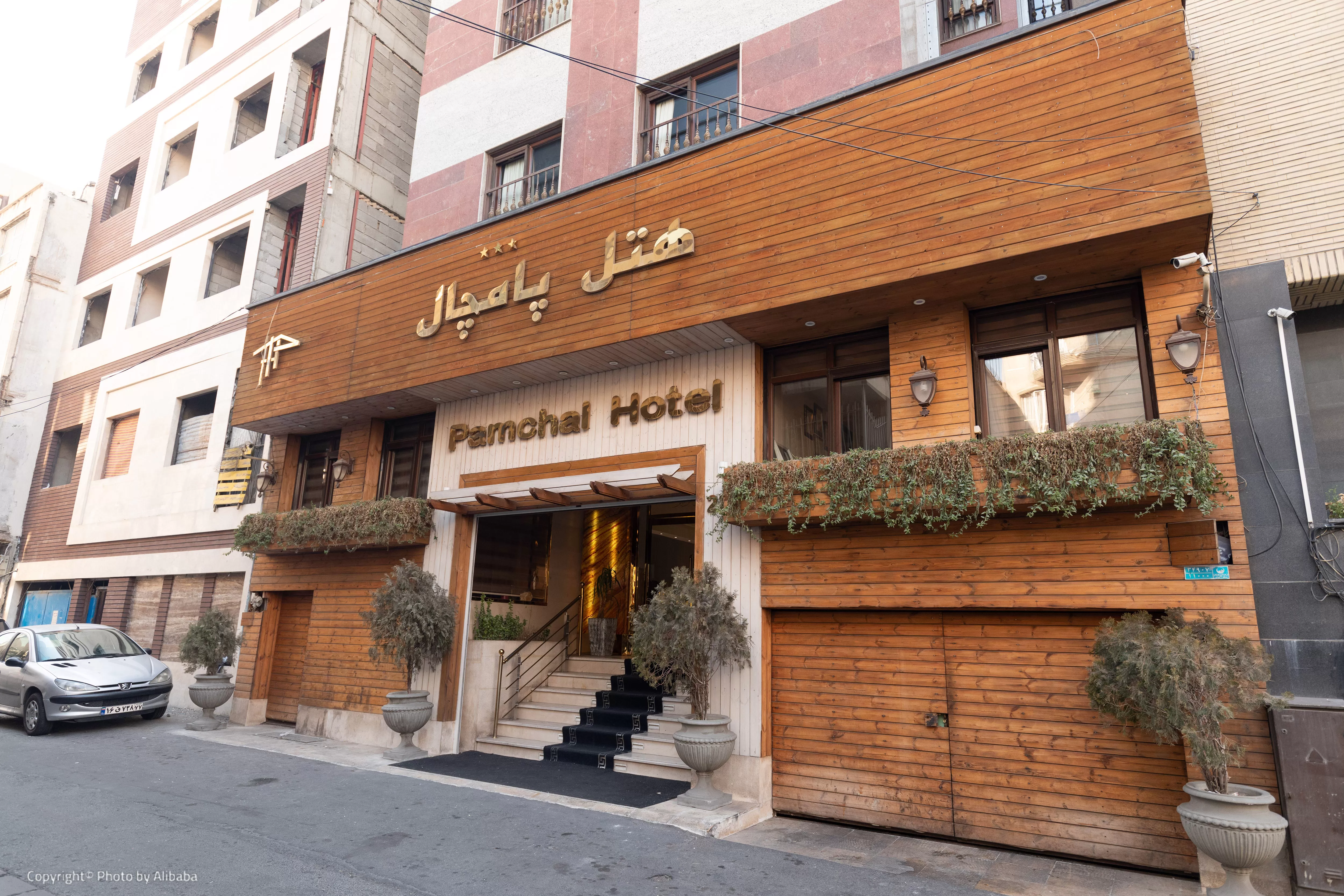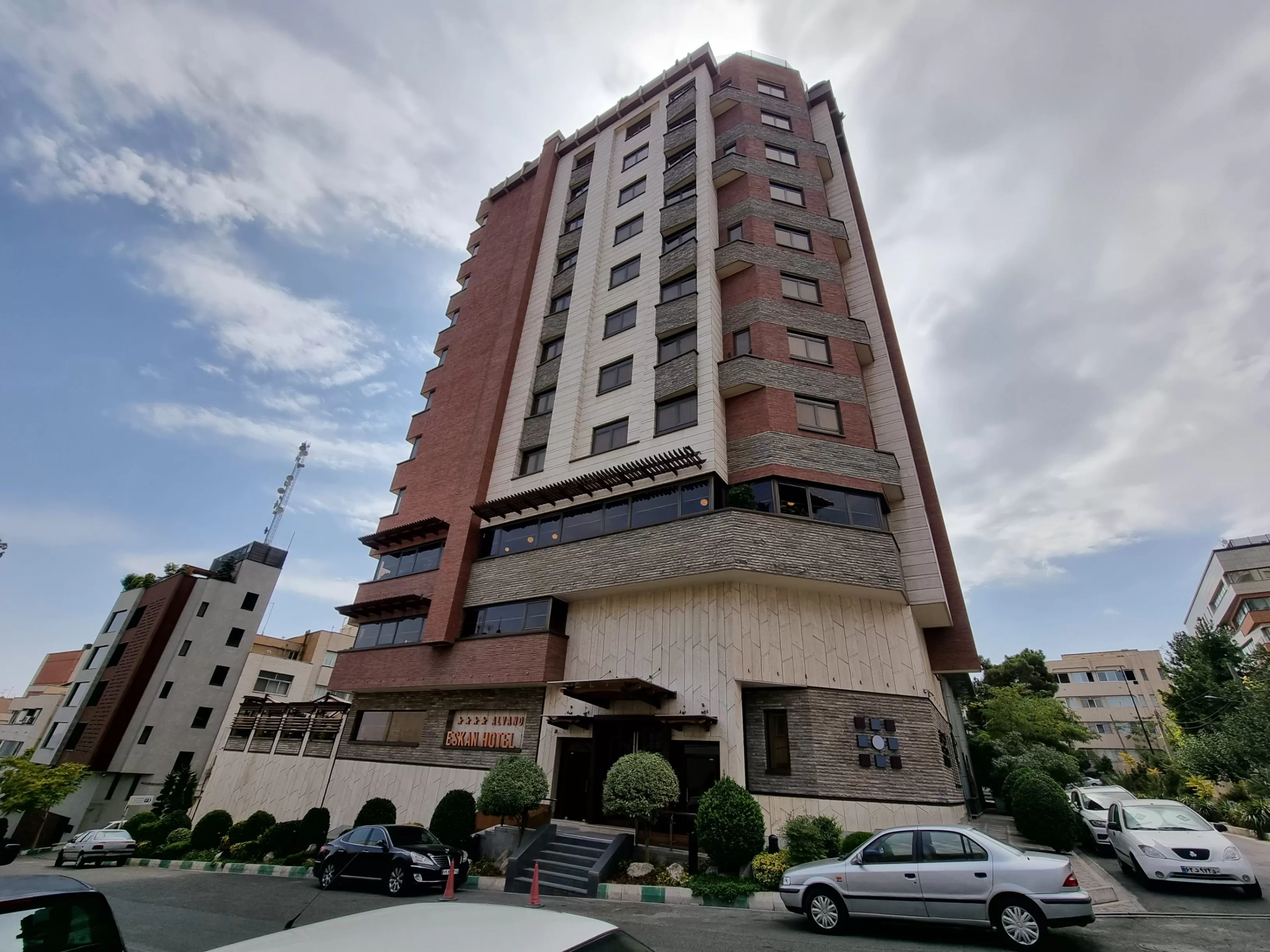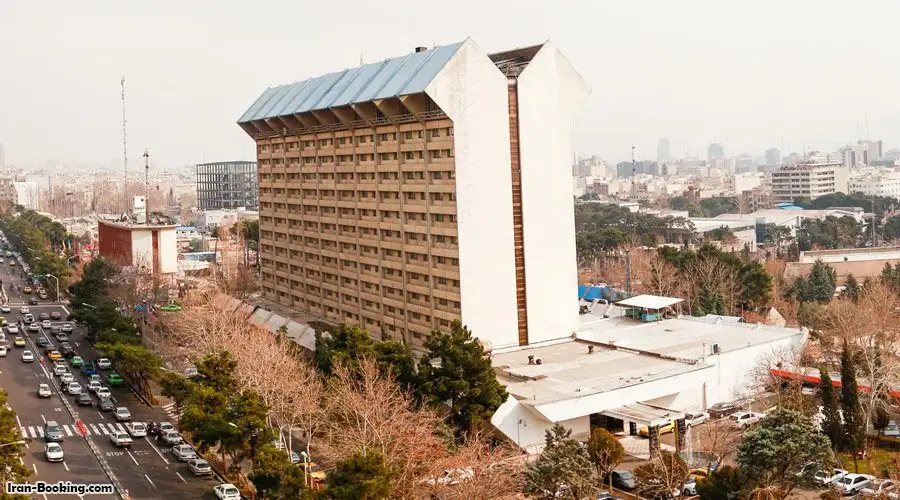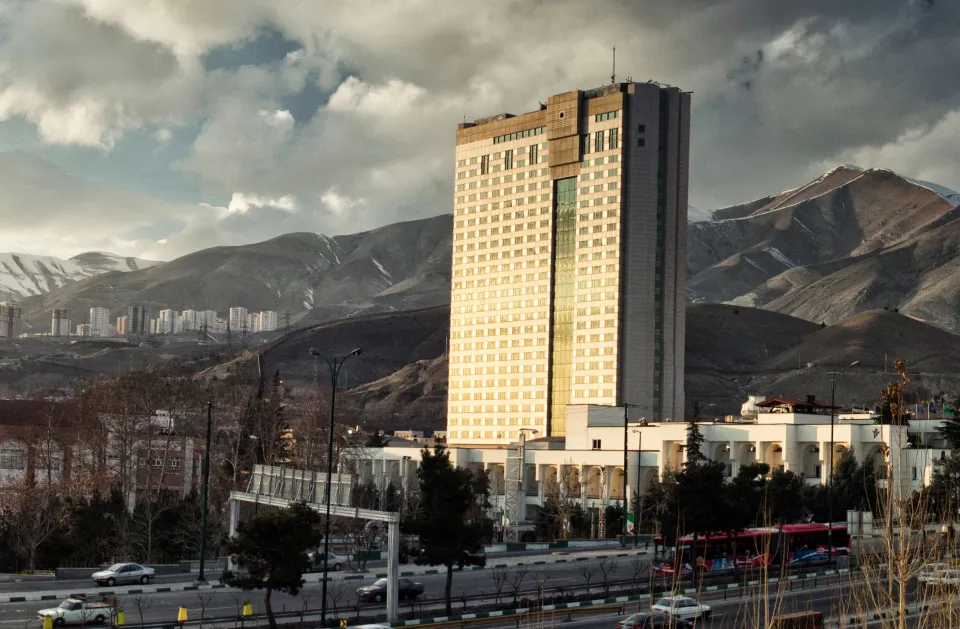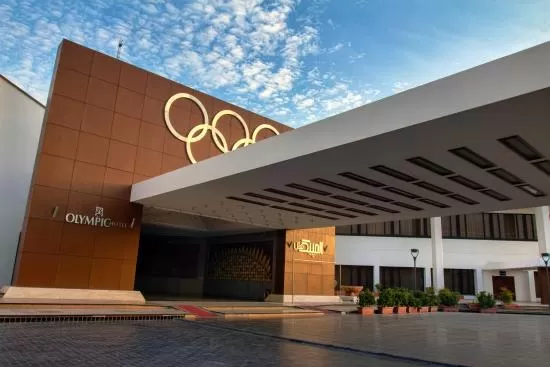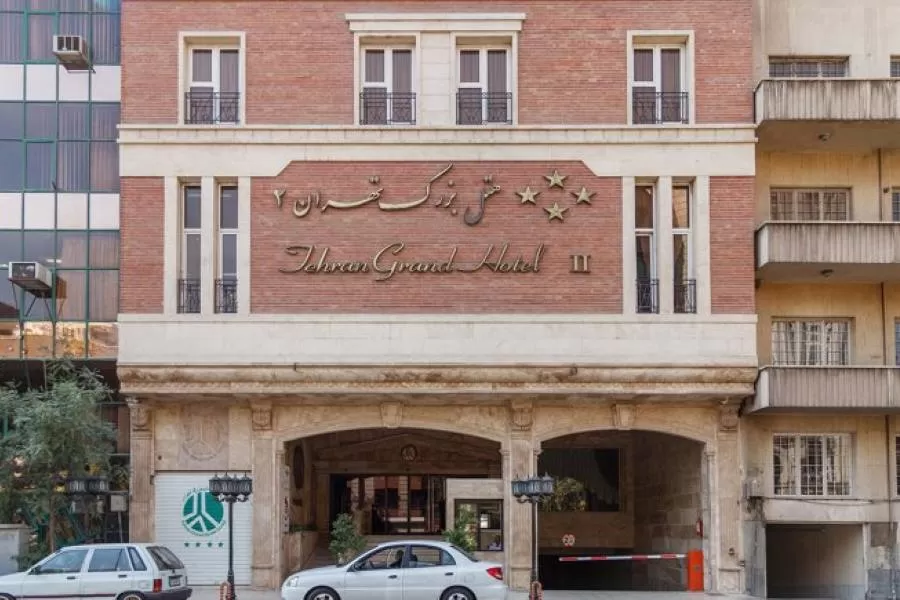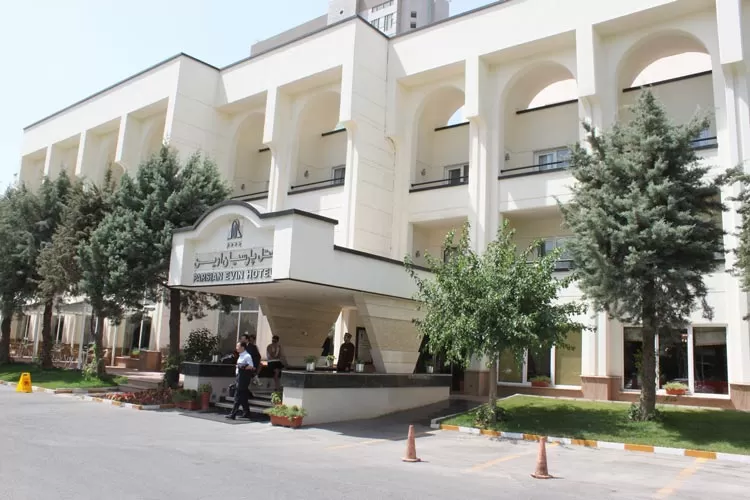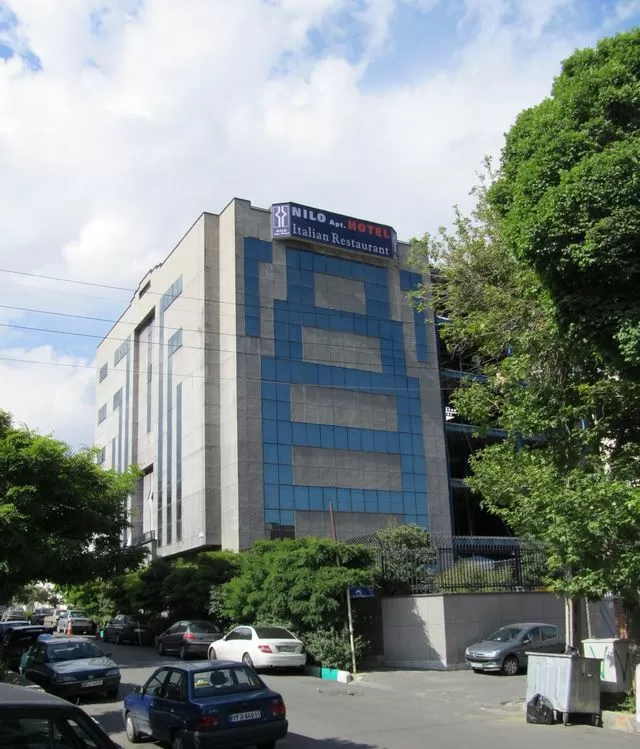General Information About Kidney Transplant in Iran
 In this part, we provide you with a chart including general and brief information about kidney transplant in Iran. If you want to know more about this procedure, contact us now via WhatsApp, or the online form on our website. Ermateb will inform you about all you need to know, and make an effort to help you choose the best specialist and hospital and experience the supreme quality of medical services in the cities of this country.
In this part, we provide you with a chart including general and brief information about kidney transplant in Iran. If you want to know more about this procedure, contact us now via WhatsApp, or the online form on our website. Ermateb will inform you about all you need to know, and make an effort to help you choose the best specialist and hospital and experience the supreme quality of medical services in the cities of this country.
| General Anesthesia | Anesthesia |
| 3-6 Weeks | Recovery Period |
| 3-5 Hours | Duration of Surgery |
| 4-5 Days | Hospitalization for Donor |
| 10 Days | Hospitalization for Recipient |
| $16000-$19000 | Cost |
Iran is a very popular destination in terms of offering organ transplant operations to individuals from both Western countries and the Middle Eastern. This country attracts so many people for its high standards of these surgeries. One of the reasons for the high number of foreign patients, especially those from countries near Iran, is the great proficiency of Iranian surgeons and specialists. These specialists are well-experienced. In recent years, they have done so many successful organs transplant, especially kidney transplants, and also, they were among the top surgeons and doctors who have completed their education at the top universities in the world.
Advanced hospitals and clinics are other reasons why people choose to have their kind of organ transplant in Iran. Patients consider here as one of the reasonable places for medical treatment. Therefore, you don’t need to worry about your operation. If you choose to get your surgery done here, just leave your treatment in the hands of the best Iranian surgeons and experience high-quality outcomes.
We are going to explain the cost of these surgeries in the next part, but the affordability of these treatments is another factor and the prices are so much lower compared to other countries.
And one of the factors that is important for the patient is the waiting list. As you know, in many countries, there are waiting lists for such treatments, and so you have to wait for an unknown time to get your organ transplant. In Iran, there is an opportunity for patients to have their medical services as fast as they can without any waiting lists. The medical tourism companies will also arrange immediate treatment hospitals and clinics for you. Thus, the said pros made this country a hub for medical treatments.
Ermateb is a facilitator in the medical tourism industry located at Iran University of Medical Sciences. Its goal is to help the individuals with all they need to know about having their surgery and all the related stuff about the treatment, the hotel they are going to stay during their trip, obtaining the visa, booking the flight and accommodation, transportation, aftercare, and all the services the patient is going to give during the days of being in this country. These all will be done at an unbelievably low cost. Throughout your treatment duration, Ermateb will be with you to make sure you are getting the best services and enjoying your trip. Besides all of the things said above, traveling to a new country and visiting the cities of the country is another good feature of having your treatment overseas.
Cost of Kidney Transplant in Iran
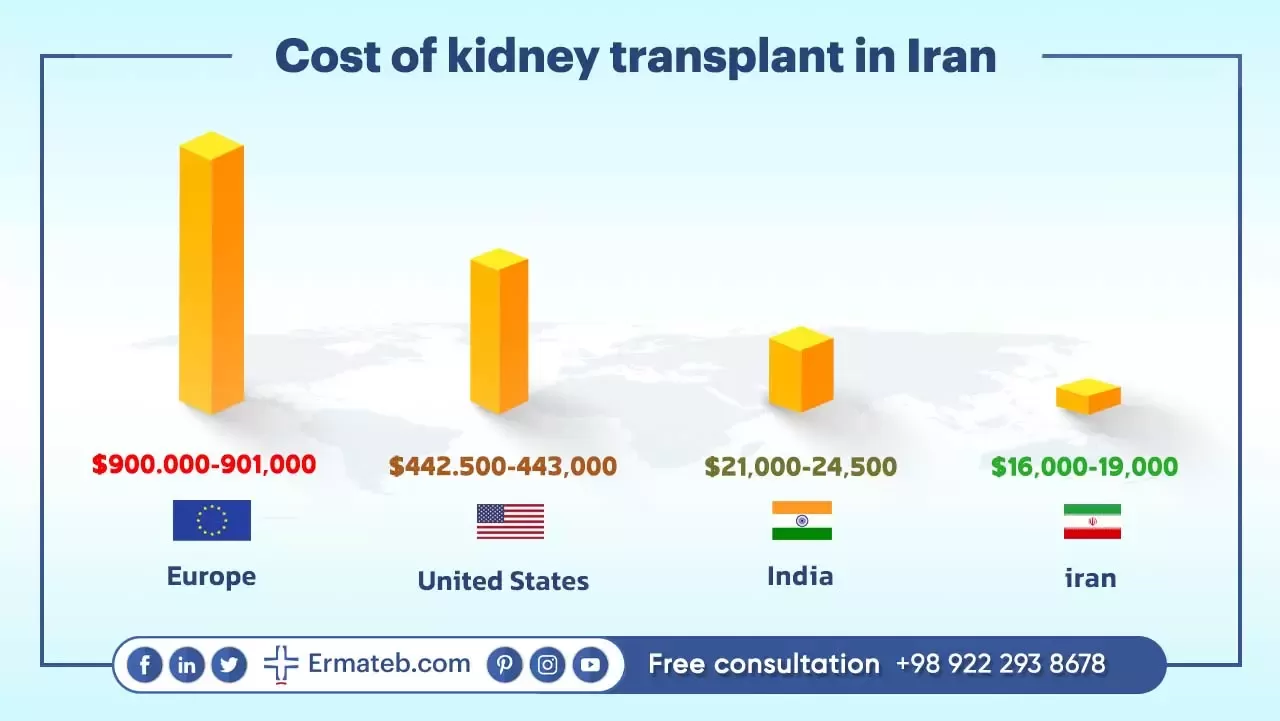
As you know, when it comes to surgeries, no matter what kind of surgery, money is the most important factor you should take into consideration. Many people cannot have their treatments because they are not able to pay for these services. In some countries, the cost of medical services is higher than in other countries. Fortunately, Iran is one of those countries whose cost of its medical services is low, and the most important reason is the low currency against other countries.
The cost of a kidney transplant in Iran is around $16,000 - $19,000. Of course, this price may be different depending on some factors like the type of hotel you are going to stay in, the clinic or hospital you choose to have your treatment, and any other factor that may affect your treatment. This price is so affordable compared to other countries like the U.S. or India. For example, if you want to have this procedure in the United States, it will cost you about $442,500 to $443,000. Also, you have to pay between $21,000 to $24,000 if you choose India for your treatment. In another example, the cost of this operation in Europe would be $900,000 to $901,000. Therefore, it is so reasonable for patients to choose Iran for their kidney transplant. You can save your money while having your operation with the latest techniques and technology. If you want to the exact cost, all you need to do is to contact us now.
Who Can Get a Kidney Transplant in Iran?

If your kidney(s) have lost their function, kidney surgery is the best option for you and can eliminate the need for dialysis. Consider that the benefits of this surgery should outweigh the risks. If you have the following features, you can have the operation:
1. If you have long-term kidney disease
2. If you are well enough to cope with the major operation
3. You should be able to take daily medications needed following a kidney transplant, such as immunosuppressant medicines.
Some people are not good candidates for having this surgery. The factors of not being a candidate are:
1. The patient is older than 70 years
2. The patient has active cancers, infections, or any other serious illnesses
3. The patient has intense lung, heart, or liver issues
4. The patient has a history of non-compliance with medical treatments
5. The patient has some social or psychological problems that can interfere with aftercare.
Therefore, if you are about to undergo this surgery, make sure you are eligible for a kidney operation. It is better to consult your doctor and talk about your condition in detail. After that, the doctor checks your condition and decides if you can undergo this operation.
What Are the Advantages and Disadvantages of Kidney Transplant?
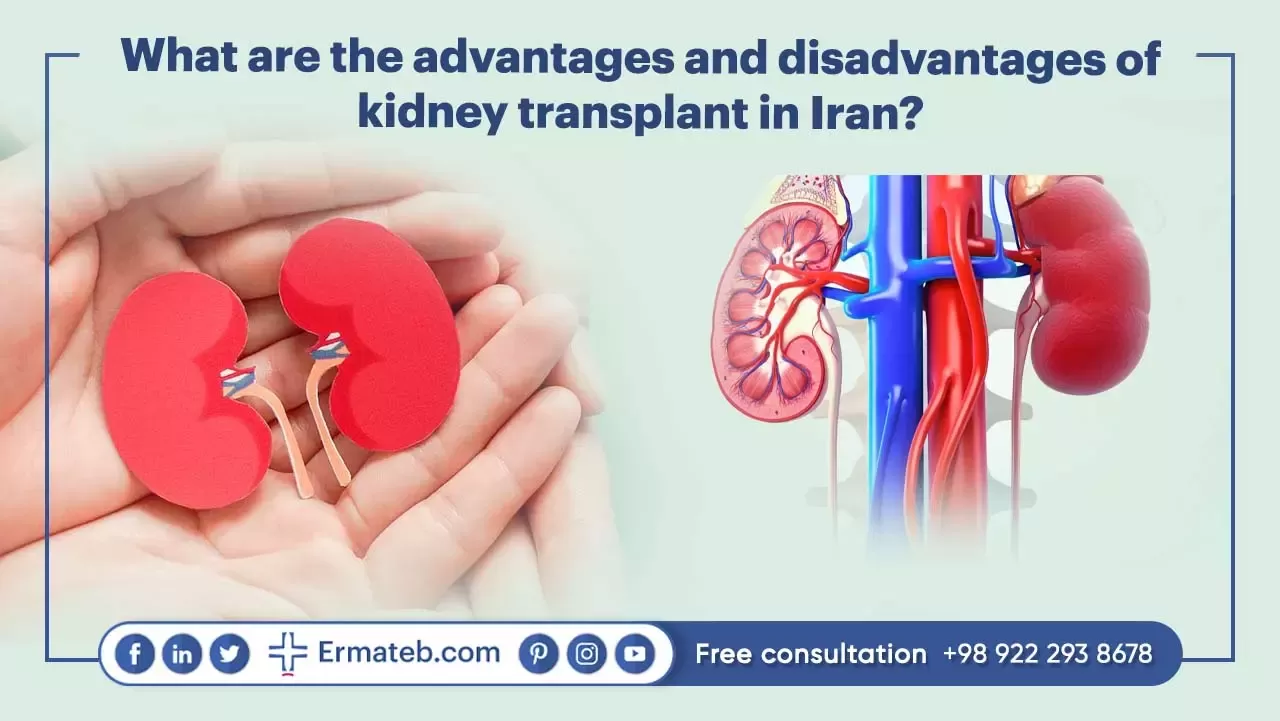
Kidney transplant, like any other operation, has its advantages and disadvantages.
The advantages of kidney transplant are:
1. It can improve the quality of a person’s life
2. It can restore normal kidney function and therefore the patient doesn’t need to have dialysis anymore, which is costly, time-consuming, and restrictive.
3. It can make the mental and physical health of the patient with ESRD better.
4. It can make the patient have more energy, better sexual function, fewer dietary restrictions, and increased fertility.
5. It can decrease the risks of certain side effects associated with ESRD, like bone disease, infections, anemia, and cardiovascular disease.
Some of the disadvantages of kidney transplant are:
1. It carries some risks including bleeding, rejection, blood clots, or graft failure. Some of them may need further operation or medications.
2. The patient must use immunosuppressive medications for the rest of their life to prevent the body from attacking the new kidney. These medications also may have serious complications such as cancer, diabetes, the risk of infections, high cholesterol, high blood pressure, or osteoporosis.
3. The kidney transplant may not be appropriate for those who have ESRD. Some individuals may have certain medical conditions, such as heart problems, which don’t make them a good candidate for a transplant.
4. Some patients may have difficulties finding a compatible donor or a transplant center.
5. This operation can place a strain on your lungs or your heart.
These were some of the pros and cons of the surgery, but if you are worried about disadvantages, you can talk to your doctor and he/she will inform you of any possible disadvantages of this operation.
Preparing for Kidney Transplant in Iran: Important Pre-Procedure Steps
Before undergoing kidney transplant surgery in Iran, it’s crucial to complete several important pre-procedure steps to ensure optimal preparation and a successful outcome. These preoperative steps are mentioned as below:
Organ Donation Network Registration:
- Register on the Organ Donation Network’s waiting list to receive a kidney from a non-living donor.
Transplant Team Evaluation:
- Comprehensive evaluation by a transplant team, including a surgeon, nephrologist, nurses, social worker, and mental health professionals.
- Examination of medical history, psychological and social status, stress, financial issues, and support system.
Donor Compatibility Assessment:
- Blood tests to determine compatibility and prioritize patients on the waiting list.
- Mental health assessment for living donors to ensure autonomous decision-making.
Medical Approval Process:
- Full physical checkup, including dental, cardio, ENT, gastroenterology, and renal assessments.
- Tests optimally take 12 to 14 working days, with possible extensions for addressing identified issues.
Legal Approval Process:
- Obtain necessary permits from relevant Iranian government bodies.
- Authentication of identify and nationality by the embassy, with final approval from the Ministry of Health (7 to 10 working days).
Dialysis Preparation:
- Continue dialysis as per the previous schedule during the transplant preparation period.
- Require a negative Hepatitis and HIV test result for dialysis, obtainable in the home country or upon arrival in Iran.
Compatibility Factors:
- Consider blood type, tissue group, and additional tests for donor-recipient compatibility.
- Matching involves genetic makers and compatibility testing in the laboratory.
Preparation for Surgery:
- Consultation with the transplant team to discuss medical records, procedures, and hospitalization.
- Signing a consent form permitting medical procedures.
Additional Tests:
- Blood test, CT scans, and MRIs to find a perfect match and prepare for surgery.
Fasting and Sedation:
- Fasting for 8 hours before surgery for planned live transplants.
- Sedation may be prescribed to calm patients before the surgery.
Communication of Health Issues:
- Inform the medical team about any other health issues for proper anesthesia considerations.
Routine Nature of Kidney Transplants:
- Assurance that kidney transplants in Iran occur routinely, with patients in experienced and expert hands.
What Happens During the Kidney Transplant Procedure in Iran?
Performing a kidney transplant in Iran involves a series of meticulous steps aimed at ensuring the success of the procedure and the well-being of both the recipient and the donor. The process is outlined as follows:
1. Preparation and Consent:
- The transplant team provides a detailed explanation of the kidney transplant procedure, addressing any queries the patient may have.
- Signing a consent form is mandatory, granting permission for the medical team to perform the surgery. Patients are encouraged to thoroughly review the form and seek clarification if needed.
2. Dialysis and Fasting
- Patients who have undergone regular dialysis before the visit continue the process before the operation.
- For the recipients of kidneys from live donors, an eight-hour fasting period is observed before surgery. In cases involving kidneys from deceased donors, fasting begins awareness of kidney availability.
3. Sedation and Medical History:
- Sedation may be administered before the surgery to keep the patient calm.
- The transplant team may inquire about specific medical history details tailored to the individual patient’s condition.
4. Surgical Process:
- The kidney transplant surgery in Iran typically takes place in a hospital setting, employing various methods based on the medical team and the patient’s condition.
- General steps of the procedure include the patient donning hospital gowns, insertion of IV lines and catheters for monitoring vital signs, and the shaving of excess hair in the surgical area.
5. Anesthesia and Incision:
- Full anesthesia is administered, and the patient’s lungs are ventilated through a tube during the operation.
- A surgical incision is made in the lower abdomen and on one side of the body, followed by the attachment of a urinary catheter to the bladder.
6. Donated Kidney Placement:
- The donated kidney is placed inside the patient’s abdomen, with specific positioning based on whether it is from the left or right side of the donor’s body.
- The renal artery and vein of the donated kidney are connected to the external iliac artery.
7. Ureter Connection and Closure:
- The ureter of the transplanted kidney is attached to the patient’s bladder.
- Closure of the patient’s incision is performed using either staples or sutures.
8. Post-Surgery Measures:
- A drain tube may be placed to prevent fluid accumulation and swelling in the wound area.
- A sterile bandage is applied to the wound, ensuring careful and secure bandaging.
This meticulous and well-orchestrated process ensures the success of kidney transplant surgeries in Iran, with an emphasis on patient comfort and optimal medical care. The procedures align with international standards, and the availability of top-notch hospitals and facilities in Iran contributes to the overall positive outcomes of these surgeries.
The Recovery Process of Kidney Transplant in Iran
The recovery process of kidney transplant in Iran generally lasts about 3-6 weeks, but it also depends on the patient’s health, the occurrence of any side effects, or the type of donor’s kidney. After you have done your procedure, you will be staying at the hospital for about 4-5 days. The doctors will monitor your vital symptoms, urine output, blood tests, and kidney function. You may need dialysis until your new kidney starts working. The process can take about a few days or even a few weeks.
You have to take immunosuppressive medications forever to prevent your immune system from rejecting the new kidney. However, using these drugs have its side effects. They can be the cause of high blood pressure, diabetes, high cholesterol, cancers, or osteoporosis.
After the surgery, you must follow the doctor’s instructions on how to take your medications. You should immediately call your doctor and report if you experience any signs or symptoms of infection or rejection.
Avoid driving for at least 6-7 weeks after your procedure because it may damage your wound or cause bleeding. You should also avoid lifting heavy objects for about 6-8 weeks following the procedure. After you feel a little bit better, you should resume physical activities. This can help the process of healing and improve your overall health. You better consult your doctor about starting any new activity or exercise.
Following a healthy diet and lifestyle can help you to maintain your kidney function and prevent any side effects. You should control the use of salt, sugar, fat, and protein, and add more fruits, vegetables, lean meats, and whole grains into your diet. Manage your weight, blood sugar, blood pressure, and cholesterol levels. Drink fluids, and avoid tobacco and alcohol.
You will be required to have regular check-ups and tests following the operation. You should visit your doctor at least once a month for a year after the procedure. The most important thing about the recovery process is your patience. The recovery period is usually a hard time for most of the patients. Desired results of this surgery may show themselves several months after the surgery. Therefore, it is necessary for you to be patient and wait until the donated kidney will work properly and you heal completely.
Risks and Side Effects of Kidney Transplant
Some of the common risks and side effects of kidney operation are:
1. Blood Clots:
blood clots usually happen in around 1 in 40 kidney transplants. It can be treated using certain medicine, but it is necessary to eliminate the transplanted kidney if the blood supply is blocked. Blood clots can happen in the legs called DVT, which stands for deep vein thrombosis.
2. Blocked Ureter:
the ureter may be blocked after the procedure. It may also be blocked months or years later after the operation due to scar tissue. It may be possible for the ureter to unblock by draining it with a catheter (a small tube). In some cases, surgery may be needed to unblock the ureter.
3. Narrowing of an Artery:
it sometimes happens following a kidney transplant. It may cause a rise in blood pressure. The artery often requires it to be stretched to widen it, and a stent (a small metal tube) will be placed inside the affected artery.
4. Urine Leakage:
It can happen during the first month after a kidney transplant. The fluid builds up in the abdomen and causes swelling and pain. It can dissolve by repairing the leak with operation, or by draining the fluid with a catheter.
5. Graft Failure:
this is when the new kidney stops working and can’t be saved. Graft failure can occur for many reasons. Some reasons may be infection, blood clots, rejection, or other side effects. Graft failure can happen at any time following the procedure, but more happens in the first year. If graft failure happens, the patient will be required to go back on dialysis or have another kidney transplant.
6. Infection:
infections such as colds, flu, urinary tract infections, pneumonia, or CMV (cytomegalovirus). They may need medication or hospital treatment.
7. Rejection:
there are 2 types of kidney rejection: chronic and acute. Chronic rejection usually happens when the immune system slowly damages the new kidney over a few months and causes loss of function and scarring. Acute rejection occurs when the immune system suddenly attacks the new kidney and causes damage and inflammation. Rejection can be recognized by blood tests, biopsies, or urine tests. It will be treated by adjusting the dose of immunosuppressive medicines or by giving additional medicines to suppress the immune system.
We should know that not every patient experiences such problems. Most patients don’t experience all of the side effects of organ transplant operations. The patient should follow the doctor’s advice and take care of their new kidney.
Kidney Transplant Rejection: How Can It Be Prevented?
Kidney transplant rejection signs are crucial to recognize early on, impacting the success of the transplant. Monitoring blood creatine levels and blood pressure, along with routine checkups, aids in early detection and intervention. It’s essential to communicate symptoms promptly to the medical team for potential rejection. Symptoms of transplant rejection are outlined as below:
- Fever and elevated body temperature
- Changes in the incision site
- Sensitivity issues related to the transplanted kidneys
- Cough
- Vomiting
- Nausea
- Increased pain during urination
- Reduced urine production
- Swelling
- Increased blood pressure
- Weight gain
- Feeling of stiffness in the transplanted kidney
To prevent rejection and ensure ongoing kidney health, lifelong prescriptions for anti-rejection medications are common. Infections, particularly oral thrush, herps, and respiratory viruses, pose increased risks. The effectiveness of these drugs varies, and adjustments are made based on the patient’s response and condition. Continuous advancements in anti-rejection drugs reflect a commitment to tailored treatments for each individual. Regular monitoring and communication with the medical team ensure a proactive approach to both rejection and infection risks, prompting the ling-term success of kidney transplants.
Pediatric Kidney Transplants: Providing Hope for Young Lives
In the realm of kidney transplantation for infants and children, a beacon of hope emerges. The causes of kidney failure in the pediatric population, ranging from congenital anomalies to genetic conditions, underscore the critical need for transformative solutions.
Chronic kidney failure, a silent adversary, conceals its presence in the early stages, making detection challenging. Children grappling with rapidly progressive renal failure may encounter subtle yet impactful symptoms: diminished urine output, paleness, weakness, loss of appetite, vomiting, and the distressing signs of facial and leg swelling and shortness of breath. Notably, chronic kidney failure plays a pivotal role in stunning the growth of these young individuals.
The inaugural year post-kidney transplantation emerges as a pivotal chapter. Children embarking on a journey of recovery post-transplantation not only survive but thrive, mirroring the trajectory of their peers. Academics and sports become attainable milestone once again.
Contrary to conventional wisdom, pediatric kidney transplants break free from the confined od age-matched donors. The success story unfolds when adult kidneys find their way into the bodies of young recipients, with notably positive outcomes, especially in the case of infants.
Within the tapestry of medical excellence, the Iran Surgery Center weaves a narrative of unparalleled proficiency. A haven for young patients navigating intricate medical landscapes, the center specializes in liver and kidney transplant surgeries for infants and children. The remarkable achievement of a 100% success rate in pediatric kidney transplantation speaks volumes, ensuring not just survival but a rekindled opportunity for a vibrant and healthy future for these resilient young souls.
The Success Rate of Kidney Transplants in the World
When considering a kidney transplant, it's crucial to understand that success hinges on a multitude of factors, intricately weaving the narratives of both the donor and the recipient. Whether the donor is living or deceased, and the recipient’s underlying medical condition, intricately shape the trajectory of transplant outcomes.
For those fortunate enough to receive kidneys from living donors, there's often a notable longevity advantage. The familial bond, especially if the donor is a first-degree relative like a sister, brother, or parent, heightens the probability of transplant acceptance. Remarkably, even distant relatives can find acceptance in certain cases.
Despite the potential for a successful transplant, challenges inevitably arise. Transplant rejection stands as a primary culprit for conditions leading to kidney loss, but other hurdles like infection, circulation issues, cancer, and the resurgence of the original kidney disease can also pave the unfortunate path to kidney loss.
However, despite these challenges, kidney transplants stand as a beacon of success, significantly elongating the lives of those who qualify. Globally, the kidney transplant success rate soars, with an impressive 97% of transplanted kidneys enduring the crucial first year.
Looking back at historical milestones, we find remarkable tales of resilience among kidney transplant recipients. A woman in France marked 50 years of active life post-transplant in 2020. Across the Channel, a man in the UK, transplanted in 1971, stands as one of the enduring success stories. Another man, embracing life since his transplant in June 1977, adds to the chronicles of triumph.
These stories underscore the evolution of kidney transplantation. Today, surgical techniques and the refinement of immunosuppressive drugs have reached unprecedented sophistication, promising even more favorable outcomes for kidney recipients. As medical science propels forward, the horizons for kidney transplant success continue to expand, ushering in an era of renewed hope and longevity.
The Success Rate of Kidney Transplant in Iran
Kidney transplantation is often preferred over dialysis for its better quality of life and survival rates, but faces challenges due to long waiting times. However, Iran has a unique program that effectively addresses organ shortages by allowing living unrelated donors, saving lives while patients await compatible donors.
Advancements in kidney transplants have led to improved outcomes in recent decades, thanks to better surgical techniques, understanding of the immune system, and enhanced treatments. Success largely depends on skilled medical teams and specialized centers overseeing the process and long-term care.
Iran has excelled in kidney transplantation, boasting a remarkable 99% survival rate after one year and 94% after five years. The country performs 24 kidney transplants per million people, far exceeding both developing and developed nations. Iran's success is attributed to its allowance of living kidney donations, which accounts for 80% of transplants, a practice restricted elsewhere.
Iran's reputation as a global leader in kidney transplantation attracts patients worldwide seeking its expertise, affordability, and high success rates. The country's legacy in this field embodies expertise, accessibility, and unparalleled success, drawing patients from around the world in search of improved health and well-being.
Eligibility Criteria for Non-Iranian Tourists Seeking Kidney Transplant in Iran
For non-Iranian tourists aspiring to undergo kidney transplantation in the country, specific medical conditions must be met for both the patient and the living donor.
Patient Condition
All pertinent evidence and medical records pertaining to the patient's kidney function are mandatory, encompassing assessments of renal failure such as GFR (<10-15), chronic hypertension, serum creatinine level (>12mg/dL), BUN level (>40 mg/dL), and proteinuria (>3g in 24 hours). Additionally, documents detailing the initiation time, number, and duration of dialysis sessions, along with a comprehensive cardiovascular history, presence of diabetes, and other underlying conditions, are crucial components of the medical report. An ultrasound report of the kidney and urinary tract further supplements the necessary documentation.
Donor Conditions
The kidney donor, in this case, must be alive and can be a family member (parent, child, brother, or sister) for a living-related donation or someone emotionally connected to the patient (close friend, spouse, or in-law) for a living unrelated donation. Unlike before, a genetic connection between the donor and recipient is no longer a prerequisite for a successful transplant due to advancements in medications. Essential conditions for the donor include good general health, non-smoking, abstinence from alcohol, and the absence of specific diseases. Clinical criteria encompass a weight under 70 kg, no history of kidney disease (including stones or infection), and an age under 40 years.
Legal Procedures for Non-Iranian Tourists Seeking Kidney Transplants in Iran
For non-Iranian tourists desiring kidney transplants in the country, adherence to specific legal conditions is imperative.
Verification Process
Upon sending the necessary patient documents online for kidney transplant approval, both the patient and the donor are required to visit the Iranian embassy in their respective countries. This visit aims to scrutinize and confirm their relationship, necessitating the presence of valid passports during the examination.
Mutual Commitment Requirement
Both the donor and the patient must submit a written mutual commitment to the embassy, explicitly stating the absence of any financial transactions between them concerning the kidney transplant surgery in Iran. Prior to the journey, the commitment form, along with scanned passport photos, is to be emailed to Iran. Once the surgery schedule is determined, the patient and the donor can proceed with their travel arrangements to Iran.


 Arabic
Arabic
 German
German
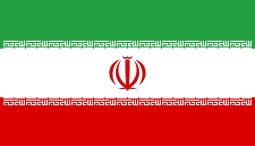 Persian (Farsi)
Persian (Farsi)
 Russian
Russian
 Urdu
Urdu
 Beauty
Beauty
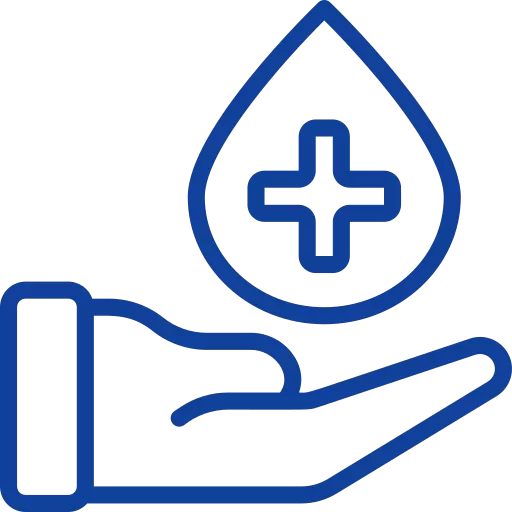 Medical
Medical
 Hotels
Hotels
 Hospitals
Hospitals

